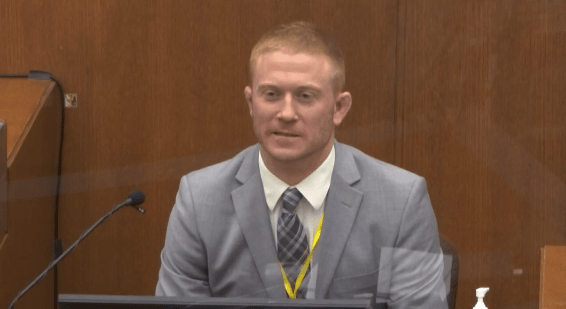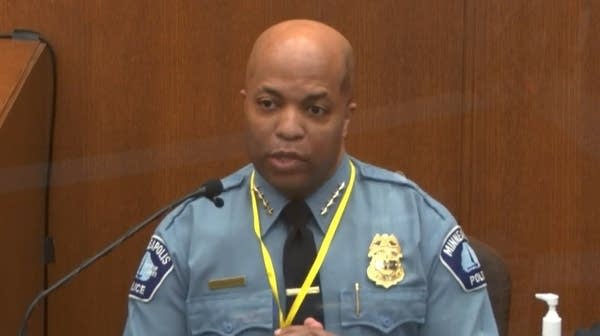The killing of George Floyd, 46, of St. Louis Park — who repeatedly told a Minneapolis police officer he couldn’t breathe as the officer knelt on his neck on May 25, 2020 — sparked days of unrest in Minneapolis and St. Paul and mass protests across the globe over the treatment of Black people by police.
Since then, lawmakers both nationally and locally have debated police reform and whether law enforcement officers must change how they do their jobs. In schools, educators and students have tackled discussions on race and equity, sometimes with controversy. And across Minnesota, community members have marched and come together in a call for change.
In April 2021, former Minneapolis police officer Derek Chauvin — who pressed his knee on Floyd’s neck for more than nine minutes — was convicted of murder and manslaughter in Floyd's death. He was sentenced to 22 1/2 years in prison.
The three other ex-cops who were involved with the arrest have been charged with two counts each of aiding and abetting in the death. Thomas Lane, J. Alexander Kueng and Tou Thao go on trial in June 2022.
A federal grand jury has also indicted all four on criminal civil rights charges.
Listen, watch, engage and share your questions with MPR News. Subscribe to SMS updates, our newsletters or to our podcasts, Minnesota Today and In Front of Our Eyes.












